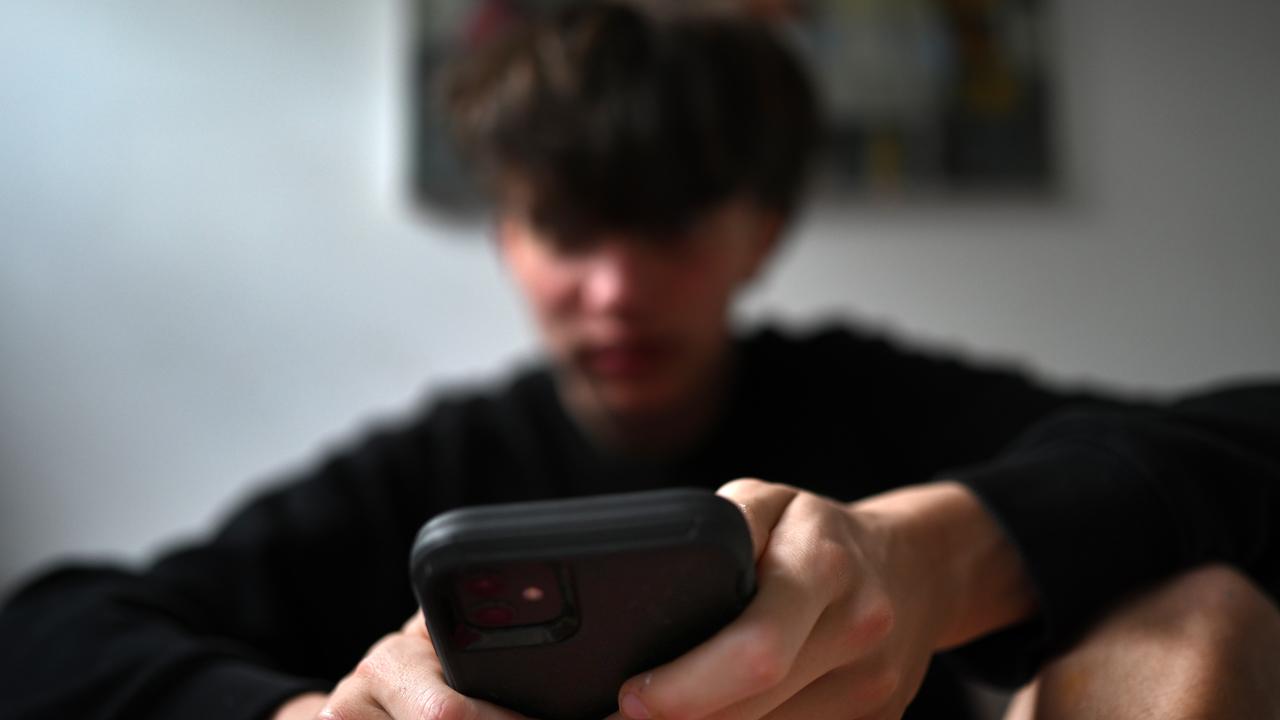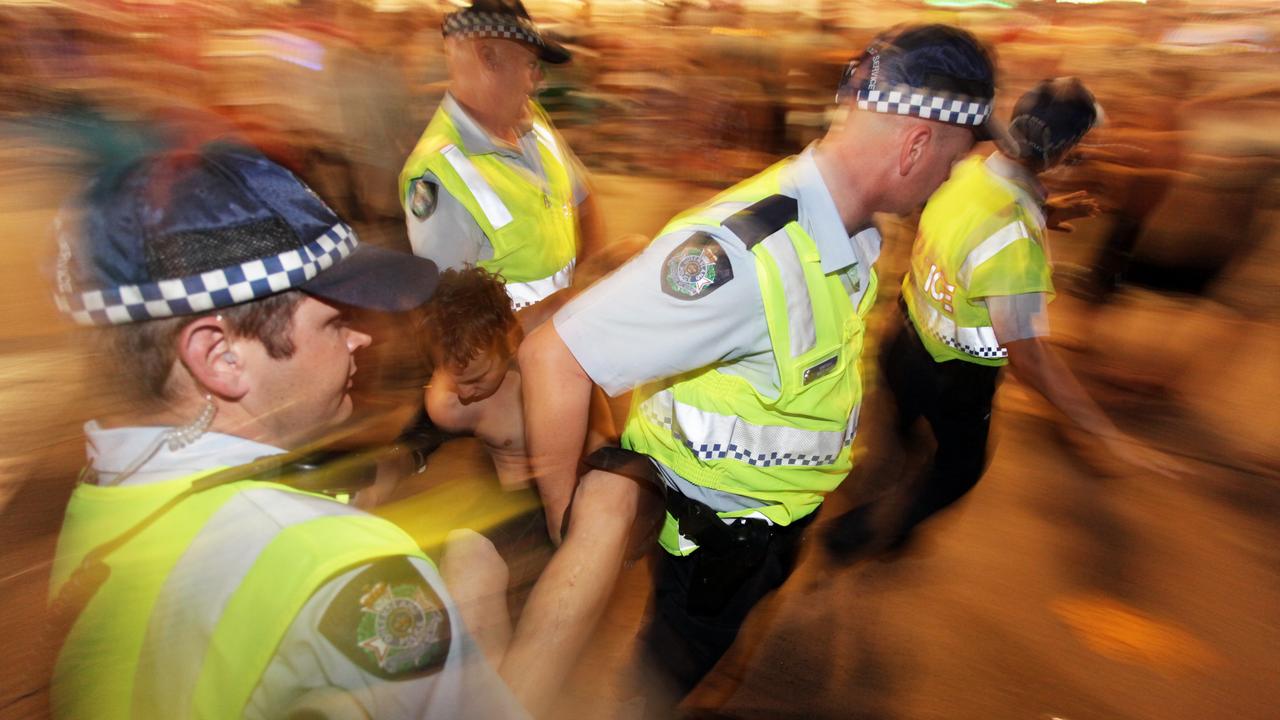
Teenage boys must be taught how to deal with rejection and challenge underlying cultures that forbid vulnerability, as many feel pressure to follow restrictive ideas about masculinity.
While most young people are rejecting these forces, a small but significant number of boys endorse beliefs about maintaining a tough persona, being emotionally stoic and not "girly".
Boys who believe these masculine tropes are more likely to get into physical fights, sexually harass and use drugs and alcohol.
The findings come from the Adolescent Man Box survey of 1400 teenagers of all genders across Australia, released by The Men's Project at Jesuit Social Services.
The Australian-first study of 14 to 18 year olds mapped the results against the Adolescent Man Box 'rules' about masculinity.

The study identified a connection between following that model and negative outcomes in their wellbeing and behaviour.
Among the boys who most strongly supported the Adolescent Man Box rules, 46 per cent agreed or strongly agreed that no one really knows them well. This compares to 23 per cent for boys who least supported the rules.
More than a quarter had experienced being physically hurt on purpose in the past months, compared to 12 per cent of boys who least supported the rules.
Almost 30 per cent believed that if a man was violent to his partner, it was probably because they deserved it or did something to provoke it, compared to two per cent of boys who least supported the rules.
Almost half of boys with the strongest endorsement of the Adolescent Man Box rules said their online social life was more rewarding than offline and 85 per cent had experienced poor mental health in the past two weeks, with many not seeking help.

While efforts are made to educate teens on respectful relationships, domestic violence expert Kate Fitz-Gibbon said such initiatives must reflect the issues teens face in their lives.
"We need to upskill adolescent boys and to challenge the underlying cultures that prohibit vulnerability," Professor Fitz-Gibbon said in an address to the National Press Club on Thursday.
"I am reminded often of the negative outcomes, sometimes fatal, of the failure to deal with rejection."
The study found that among teen boys who most strongly endorsed the Adolescent Man Box rules, 35 per cent said they would try to "get back at someone" if they were rejected romantically.
While many of the report's findings were alarming, Jesuit Social Services Men's Project executive director Matt Tyler said the pathway for action is clear.
"We must dramatically increase the scale of early intervention work with boys to prevent violence," he said.

"This effort should explicitly target masculinities which underpin cycles of retaliation, performative post-and-boast crimes, and the behaviour of boys in groups.
"We are missing opportunities in so many places: when an adolescent uses violence at home, in alternative learning settings or following early initial engagement with police."
In their address, Prof Fitz-Gibbon called on the government to introduce a federal minister for children who would provide leadership on wellbeing and safety while coordinating across jurisdictions.
Mr Tyler also called for governments to commit to targeted initiatives on issues impacting Australian adolescents, and draw on the survey report to inform youth violence prevention.
"More broadly, we know that everybody including adolescents, parents, educators and the broader community can play a role in helping young people to break free of the harms of the Adolescent Man Box giving our young people the support they need to flourish," he said.
Lifeline 13 11 14
Kids Helpline 1800 55 1800 (for people aged 5 to 25)







